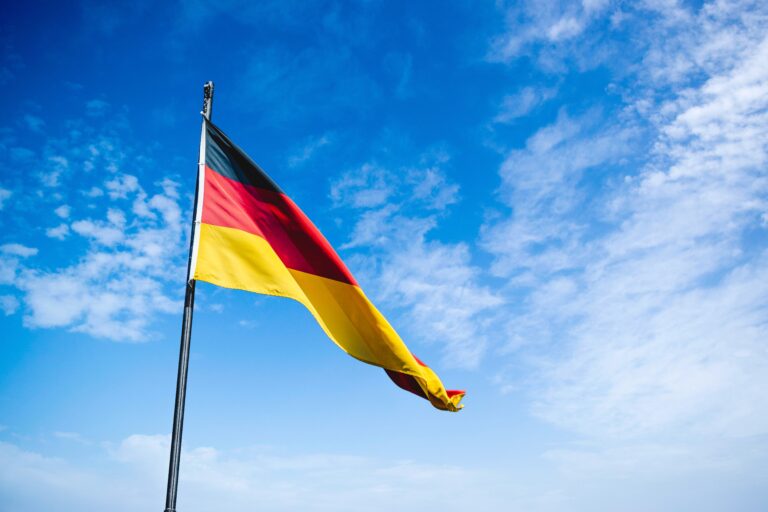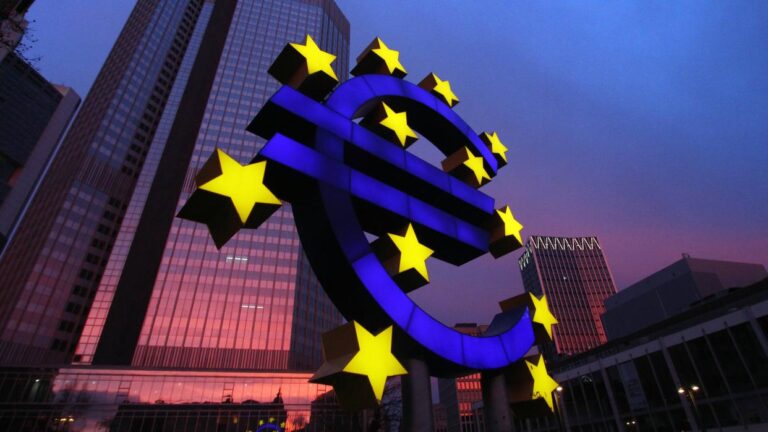
Morning Brief – Whipsaw
If you were allowed to use your phone at the petrol pumps and happened to be reading this mail then the topic of this briefing, the cost of fuel, might hit home particularly hard. Although, let’s face it, with the queues, horns and army operated delivery tanker queuing up behind you, you might be somewhat more focussed on the yellow nectar pouring into your fuel tank than the knock-on impacts for GBP. To recap the recent theme in GBP markets, pressures on the UK consumer and investor are undermining growth expectations and thereby undermining demand for GBP. Those factors do, in a meaningful way, include the rising cost of fuel (including petrol/diesel at the pump), but also encapsulate the fiscal and monetary tightening expected over the coming months. Inflation too, sometimes viewed as the symptom or by-product of growth, at present levels and with poorly grounded inflation expectations, is becoming an inhibitor to growth, undermining disposable incomes. Away from trouble at the pumps, a logistical and increasingly political rather than global supply problem, UK assets are struggling to digest non-petroleum energy prices.
In particular, rising energy prices most notably natural gas futures but also crude oil and other energy commodities, are driving concerns over UK growth. Both the FTSE100 and the Pound had a weak performance yesterday following the European open. The cost of ‘prompt’ front-month natural gas, the November contract of the commodity upon which the UK has a significant reliance upon for its household and industrial energy provision, jumped as much as 25%. This pushed the commodity’s price to all-time highs, several multiples higher than its (already elevated) August price.
However, as the European trading session progressed into the afternoon, GBP and UK equities to some extent staged a minor correction. This correction was accompanied by a moderation in the skyrocketing price of natural gas. Contracts for November-delivery natural gas, for those interested in this market, reversed their previous price rises in yet another move of (-)37% in 6 hours. The catalyst for this move, and in turn the change of fortune for GBP and UK equities, was the announcement by Russian President Vladimir Putin that Russia was willing to step in to stabilise soaring energy prices in Europe. Russia’s pipeline exporter and monopoly in the export of natural gas, Gazprom, has suggested it may increase supplies of natural gas to Europe to stem the energy crisis.
Far from heroic, the provision of gas within one of the tightest commodity markets on the planet will bring a huge financial boost to the company and indeed nation. The UK at present has a large reliance on the provision of natural gas, energy and oil from Norway. At present, looking at the economics reflected in GBPNOK, it is apparent that a direct value transfer from the UK consumer to the Norwegian consumer is underway, providing that pair with massive downward momentum. The development of such solutions to the ongoing European energy crisis, including the materialisation of yesterday’s promises, will be key to delivering a more convincing GBP recovery.
Discussion and Analysis by Charles Porter

Click Here to Subscribe to the SGM-FX Newsletter
Related Insights

Daily Brief – German Election
German Election With just 18 days to go to the German election, tensions are building. The centre right CDU whose leader Friedrich Merz is likely to be the next Chancellor is under fire for proposing a tougher immigration policy. That says his critics is similar to the far right AFD and verboten given the antipathy […]

Daily Brief – Harmful, Toxic, Biased and Insecure
Harmful, Toxic, Biased and Insecure Well it took less than one week: after the excitement that met the DeepSeek AI application, came the fight back, the negative press and the correct questioning as to whether DeepSeek is safe. Well surprise surprise, it does not tolerate or even answer questions prejudicial to China but there are […]

Daily Brief – Mission Driven
Mission Driven ECB President Christine Lagarde faced some polite but firm questions in the post 25bp interest rate cut presser yesterday afternoon. Given that Germany, France and Ireland which are all on the EU naughty step have the worst Eurozone economic performances and Eurozone inflation is 2.4% or 4% for services inflation versus GDP growth […]



 Humphrey Percy
Humphrey Percy